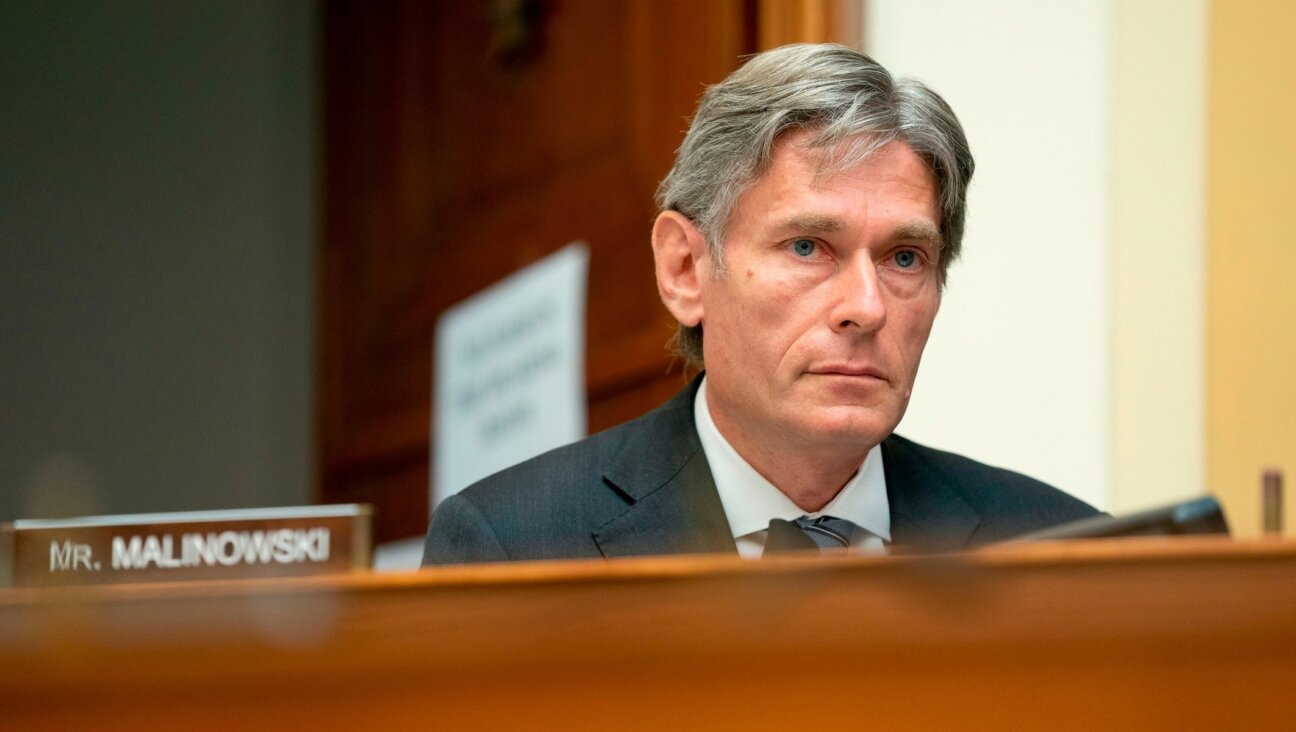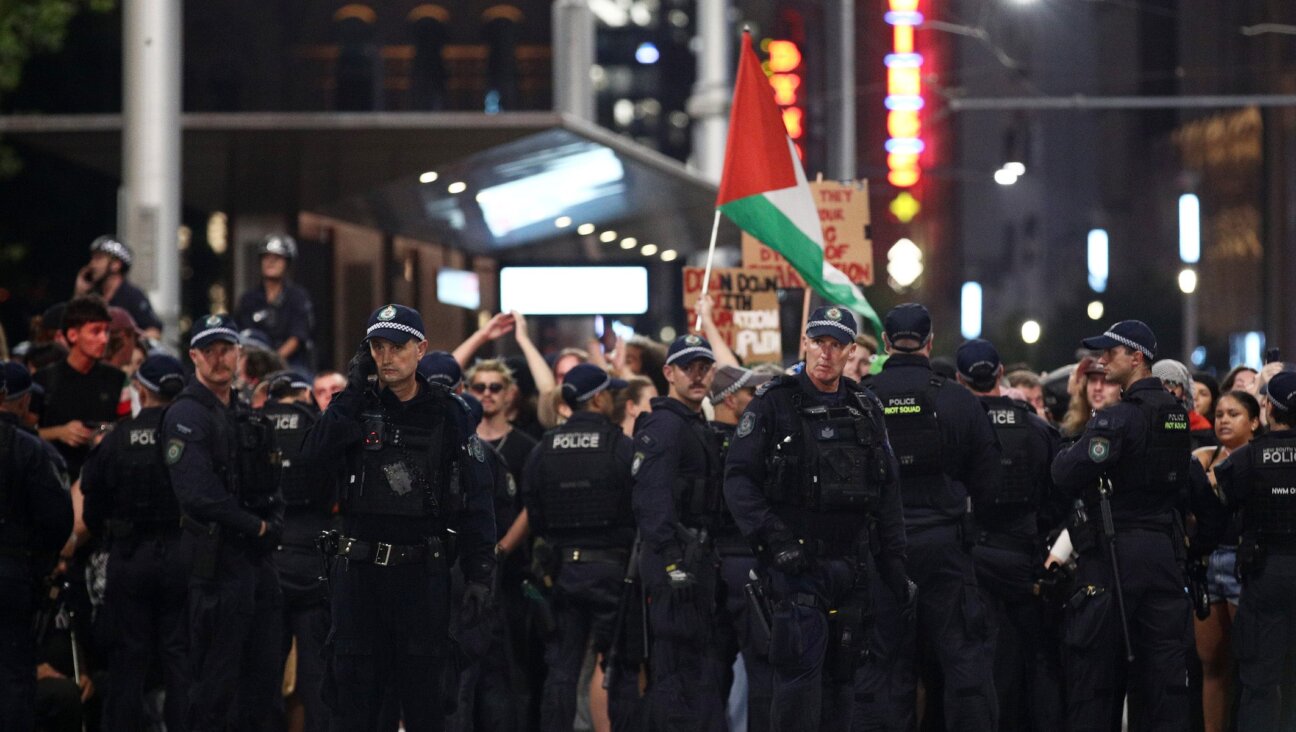Portraits of Holocaust Heroism

Graphic by Angelie Zaslavsky
The title characters of filmmaker Michael King’s inspirational documentary, “The Rescuers,” are a dozen people, mostly diplomats, who saved thousands of Jewish lives during the Holocaust.
In many cases, they defied their own government’s specific instructions in order to arrange exit visas for families otherwise headed for extermination. Some of these stories are already reasonably well known.
There was Raoul Wallenberg, the Swedish first secretary in Budapest, who mysteriously disappeared after the Soviets drove the Nazis out of Hungary; Carl Lutz, the Swiss vice counsel in Budapest, featured character in the recent film, “Walking With the Enemy”; and Chiune Sugihara, a Japanese consul in Lithuania credited with saving as many as 3,000 people.
Others are less familiar — at least to me — and, in some cases, unexpected. Selahattin Ulkumen, the Muslim Turkish consul in Rhodes, and Angelo Rotta, the Catholic Bishop in Budapest, helped save thousands. None is as surprising as Georg Ferdinand Duckwitz, a Nazi Party member and a German attache in Copenhagen. He arranged for Sweden to take in the city’s Jews, saving 7,200 lives.
It isn’t all about numbers, however. One of the rescuers was Princess Alice of Greece, great granddaughter of Queen Victoria and grandmother of Prince Charles, who hid a Jewish family in her Athens palace.
Filmmaker King uses archival footage and re-enactments to re-create the historical period. The documentary is built around Holocaust historian Sir Martin Gilbert and Stephanie Nyombayire, a young Rwandan woman described as an anti-genocide activist who lost 100 family members in Rwandan genocide. Together they travel across 15 countries to interview survivors and family members of the diplomats.
At first, I found Nyombayire’s involvement an unwelcome distraction. But in many ways, she proved to be the ingredient that makes this film special.
Yom HaShoah is the time of year when numerous Holocaust projects hit theaters and airwaves. For example, 60 Minutes recently did a segment on Nicholas Winton, a Brit who saves over 600 young Jews. The temptation after watching them is to breathe a sigh of relief that that period of hate is long gone. Nyombayire serves as a reminder that the threat of genocide did not die in 1945.
Moreover, she does the most interesting interviews. Roméo Dallaire, the Canadian former commander of U.N. Peacekeeping forces in Rwanda, admits to her:
When the genocide started, my mandate as a U.N. peacekeeper ended. There was a reticence to get in to another exercise in Africa, because they had just had Somalia a few months earlier and that was a debacle. The U.N. didn’t want to get into another African complex problem and was trying to do it on the cheap. Hopefully it would resolve itself.
She asks a young German diplomat, Christian Bauker, what he would do if he saw innocents shot down on the street. “Speak up,” he said. That’s all a diplomat can do. But they’d still be dead, Nyombayire responds in an accusatory tone.
On the other hand, Maciej Kozlowski of the Polish Foreign Ministry gives her just the answer she seeks: Speak up, get the international community involved, and, if all else fails, take individual action, even if it is against the wishes of his government.
Of course, it is easy enough to say. Gilbert and Nyombayire meet Irena Steinfeldt, director of Yad Vashem’s Department of the Righteous Among the Nations and explore the mystery of goodness — why some people find the courage to stand up to evil and others don’t. They don’t come up with an answer.
Certainly it is easy to do good when there are no consequences for your actions. But nearly all these people endangered not only themselves, but their families. No one knows what happened to Wallenberg. Ulkumen’s wife was killed by German bombs. And Sugihara was fired and lost his pension.
It’s hard not choke up as these stories of heroism unfold. Even Gilbert breaks down at one point. “The Rescuers” is a valuable addition to the library of Holocaust-themed films, in large measure because it reaffirms the notion that even in the worst times there are righteous people. But it is important, too, as a reminder to maintain our vigilance.
















